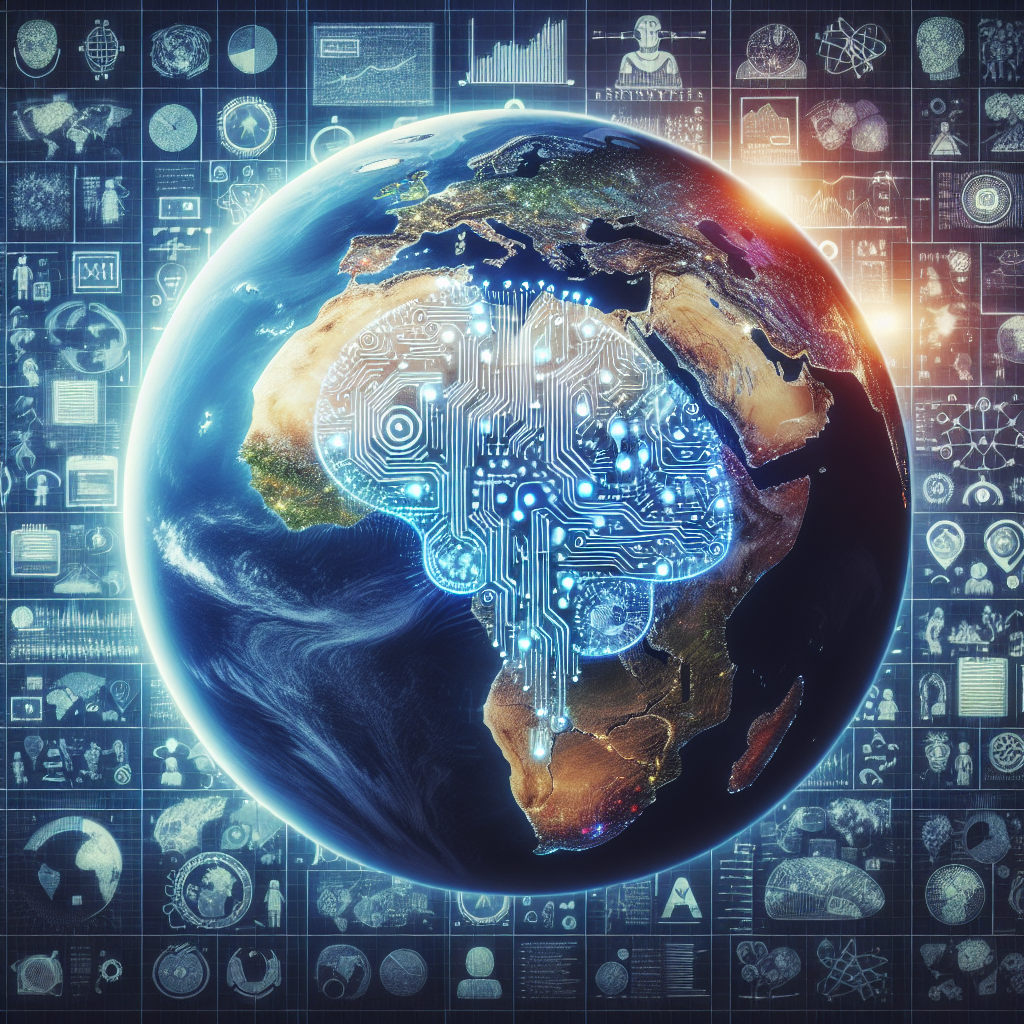Artificial Intelligence (AI) has been revolutionizing various industries, from healthcare to finance to transportation. But one area where its potential is often overlooked is in education, specifically in the field of social studies. Leveraging AI in social studies education can provide students with a more engaging and personalized learning experience, as well as help them develop critical thinking skills and a deeper understanding of history and culture.
One of the key benefits of using AI in social studies education is the ability to tailor lessons to meet the needs of individual students. AI algorithms can analyze student data and behavior to identify areas where they may be struggling, and then provide personalized recommendations for additional resources or activities to help them improve. This can help students stay engaged and motivated, as they are able to learn at their own pace and in a way that works best for them.
Another advantage of using AI in social studies education is the ability to provide students with real-time feedback on their work. AI-powered grading systems can quickly and accurately assess student assignments, providing detailed feedback on areas where they may need to improve. This can help students understand their strengths and weaknesses, and make adjustments to their learning strategies accordingly.
AI can also be used to enhance the content of social studies lessons. For example, AI algorithms can analyze large amounts of data to identify trends and patterns in history, helping students gain a deeper understanding of the events and processes that have shaped the world we live in today. AI can also be used to create interactive simulations and virtual reality experiences that allow students to explore historical events and cultures in a more immersive way.
In addition to enhancing the content of social studies lessons, AI can also help students develop critical thinking skills. By analyzing data and making predictions based on patterns and trends, students can learn to think analytically and make informed decisions. AI can also be used to create opportunities for students to engage in debates and discussions, helping them develop their communication and reasoning skills.
One example of how AI can be used in social studies education is in the field of cultural studies. AI algorithms can analyze large amounts of data to identify cultural trends and patterns, helping students gain a deeper understanding of different cultures and their impact on society. AI can also be used to create interactive experiences that allow students to explore different cultures in a more immersive way, helping them develop empathy and appreciation for diversity.
Overall, leveraging AI in social studies education can help students develop a deeper understanding of history and culture, as well as develop critical thinking and communication skills. By providing personalized learning experiences, real-time feedback, and enhanced content, AI can help students engage with social studies in a more meaningful and impactful way.
FAQs:
Q: How can AI be used to personalize social studies education for students?
A: AI algorithms can analyze student data and behavior to identify areas where they may be struggling, and then provide personalized recommendations for additional resources or activities to help them improve. This can help students learn at their own pace and in a way that works best for them.
Q: How can AI enhance the content of social studies lessons?
A: AI algorithms can analyze large amounts of data to identify trends and patterns in history, helping students gain a deeper understanding of the events and processes that have shaped the world we live in today. AI can also be used to create interactive simulations and virtual reality experiences that allow students to explore historical events and cultures in a more immersive way.
Q: How can AI help students develop critical thinking skills?
A: By analyzing data and making predictions based on patterns and trends, students can learn to think analytically and make informed decisions. AI can also be used to create opportunities for students to engage in debates and discussions, helping them develop their communication and reasoning skills.
Q: How can AI be used in cultural studies education?
A: AI algorithms can analyze large amounts of data to identify cultural trends and patterns, helping students gain a deeper understanding of different cultures and their impact on society. AI can also be used to create interactive experiences that allow students to explore different cultures in a more immersive way, helping them develop empathy and appreciation for diversity.

